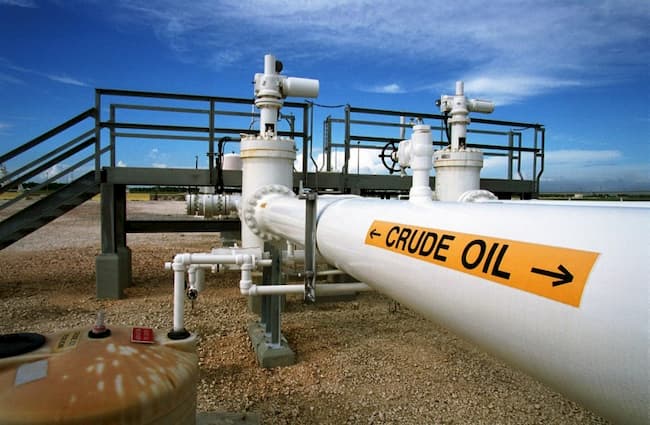International financiers slated to fund the construction of about 20 modular refineries in Nigeria have withheld their investments due to uncertainties regarding guaranteed crude oil supply to these facilities once completed. This situation has arisen because international oil companies (IOCs) operating in Nigeria have been unable to provide assurances of crude oil supply, leading to a funding impasse.
Despite Nigeria’s status as Africa’s largest crude oil producer, the country exports most of its crude oil to earn foreign exchange. This practice leaves domestic refiners struggling to secure the necessary dollars to purchase crude oil, further complicating their operations.
Currently, Nigeria has 25 licensed modular refineries. Out of these, only five are operational, producing diesel, kerosene, black oil, and naphtha. The rest are either under various stages of completion or still in the planning phase, hindered by the lack of crude oil availability, which has stalled funding from financiers.
Eche Idoko, the Publicity Secretary of the Crude Oil Refinery Owners Association of Nigeria (CORAN), highlighted the issue: “Only about five of our members have completed their refineries. The others are facing major challenges because financiers are withholding funds due to the lack of crude oil supply guarantees.” CORAN represents both modular and conventional refinery companies in Nigeria.
Financiers require Conditional Term Sheets and Heads of Terms from crude suppliers to ensure that crude will be available once the refineries are completed. However, regulators and IOCs have been reluctant to provide these assurances. The Nigerian Upstream Petroleum Regulatory Commission (NUPRC) has stated that it cannot guarantee crude oil supply to refineries that have not yet been completed.
Gbenga Komolafe, the CEO of NUPRC, clarified: “We can’t guarantee crude for financing of refineries that have not come into existence. Our obligation is to ensure compliance with the Petroleum Industry Act, which includes guaranteeing supply to existing and operating refineries, not prospective ones.”
Modular refinery operators and downstream sector players have called on the federal government to ensure that local refiners are prioritized for crude oil supply over export commitments. This, they argue, will stabilize the local market and reduce the cost of refined petroleum products.
The Independent Petroleum Marketers Association of Nigeria (IPMAN) emphasized the importance of local crude oil supply to indigenous refineries. Chief Ukadike Chinedu, the National Public Relations Officer of IPMAN, stated: “Our appeal to the Federal Government is to provide enough crude to local producers like Dangote refinery and other indigenous refiners to ensure affordable refined petroleum products in the country.”
Dangote refinery, currently importing crude oil from the United States due to insufficient local supply, sells diesel at about N1,200 per litre. Local supply of crude could potentially lower these prices and stabilize the market.
The Nigerian government, through legal and regulatory frameworks, is encouraged to facilitate the completion and operation of modular refineries by ensuring a consistent and guaranteed supply of crude oil. This would not only boost local production but also position Nigeria as a refining hub in West Africa, reducing dependency on imported refined petroleum products and bolstering the country’s economy.













